About Us
Members
THE NYCBA IS A NON-PROFIT ASSOCIATION organized in 1974 to protect and preserve the rights of individuals accused of crimes and to serve as a unifying force for criminal defense lawyers in the Greater New York City metropolitan area.
AMONG THE MANY BENEFITS in the NYCBA are free access to our many CLEs and instant access to our Website – one of the most current, comprehensive and useful sites on the Internet designed exclusively for criminal defense attorneys in the New York City Metropolitan area. For a more comprehensive listing of the full panoply of Member Benefits, see Section 3 of the NYCBA “Fact Sheet.”
GUIDE TO THIS WEBSITE: This website is designed primarily as a private online service for members of the NYCBA. It provides our members with access to an extraordinary – and constantly growing – collection of comprehensive resources for practicing criminal defense attorneys (both State and Federal) in the New York City metropolitan area.
By clicking on the buttons listed on the various pages of this website, you will get a preview of some of the many other features that are available to our Members – although much of the information that is available to our Members only is obviously far more comprehensive and extensive than that which is available to the general public.
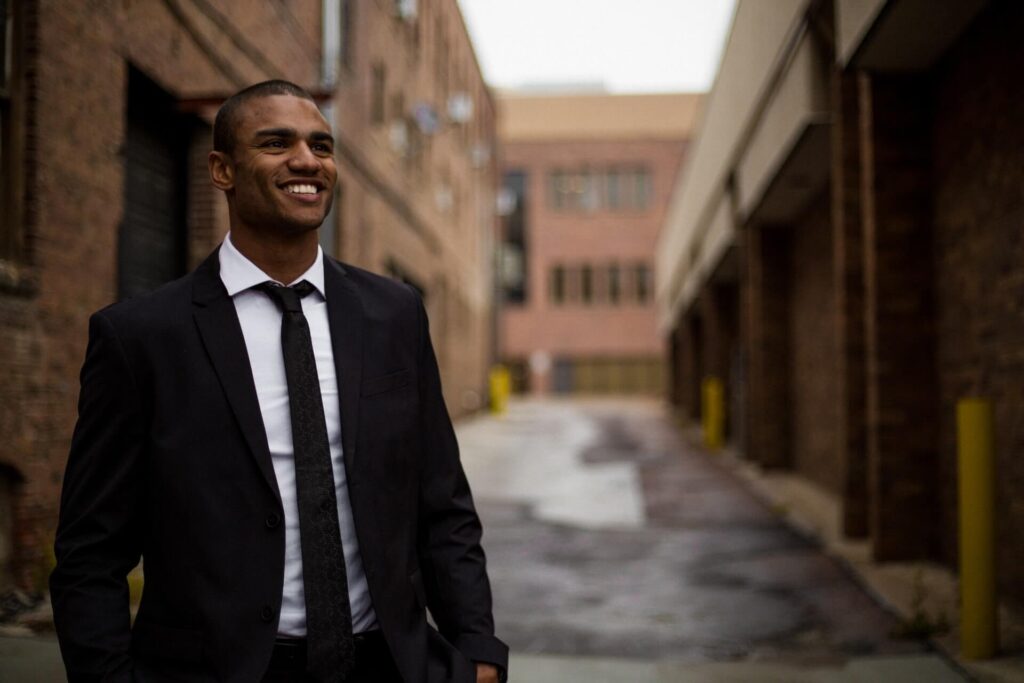
How It All Started
History of the NYCBA
History of the New York Criminal Bar Association as told by its Founding Member, The Honorable Robert Louis Cohen
I founded the New York Criminal Bar Association in 1972 for two primary purposes: first, to enhance the stature of defense counsel so that the defense bar would not be ignored in the decision-making process with respect to court administrative matters, such as scheduling, judicial appointment and reappointment, discovery rules, and the like; and second, to improve the professionalism of the criminal bar in terms of support by colleagues, quality of representation, training, and working conditions. It was my view that, prior to that time, the other components of the criminal defense system did not accept the criminal bar, unorganized as it was, as a respected and constructive voice in matters relating to the administration of criminal justice. Thus, there was a serious imbalance in our adversary system of justice, where the experience and perspective of the defense bar was not considered in at least that one area of our adversary system of justice.
It was my goal that the imbalance in input between prosecution and defense would be corrected, at least in part, by a vigorous New York Criminal Bar Association singularly devoted to the support of defense counsel and their manifest professional responsibilities to provide effective quality representation and ensure a fair trial. It was my goal that an organized criminal bar association would have an important voice in advocacy concerning legislation and the appointment and reappointment of judges, and provide continuing legal education, advice on professional ethics, and improve the public perception of and respect for defense counsel’s constitutional mandate to vigorously represent all persons accused of crime irrespective of the crime charged. My opinion then, and still, is that the role of defense counsel to represent all persons accused of crime was generally underappreciated, even if in the most egregious cases it was often heroic.
I gathered together as our first board of directors a devoted group of lawyers, ranging in experience and type of practice from highly experienced and well-known private practitioners to a recent graduate of the District Attorney’s Office and the trial supervisor of the New York County Legal Aid Society Criminal Defense Division. Prior to the organization of the New York Criminal Bar Association, many lawyers had to discuss such serious matters as whether to accept a plea offer, or what trial strategy to employ, in the courtrooms or in the hallways; there was no place for defense counsel and her client to speak privately about such serious matters. The late Justice Jawn Sandifer, then the Administrative Judge of the Manhattan Supreme Court, recognized the need for a private place for defense lawyers, and graciously arranged for us to occupy the office suite we still do. We should be forever grateful to him for this.
Finally, I am proud that the New York Criminal Bar Association has continued and will continue to support defense counsel in satisfying their responsibilities to ensure a fair trial for all accused – the bedrock of our criminal justice system.
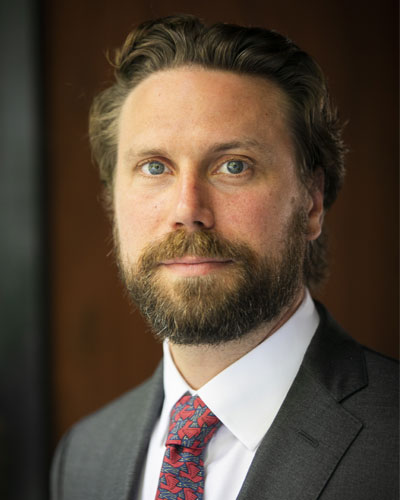
Jacob Barclay Mitchell
President
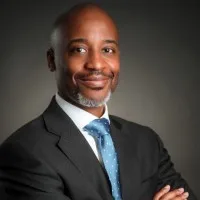
Karloff Commissiong
Vice President
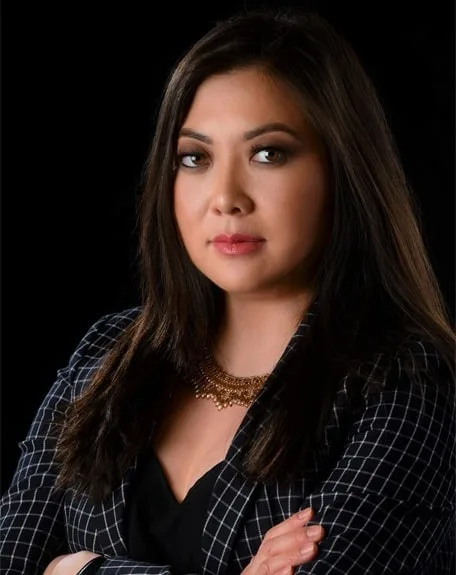
Gloria Keum
Secretary
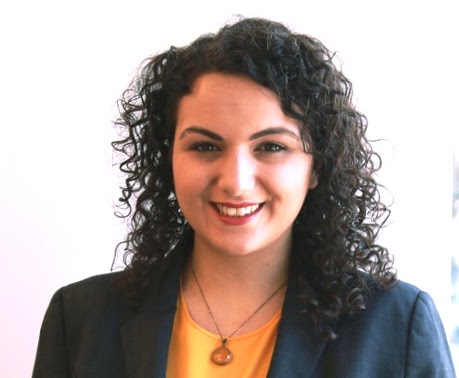
Emilee Ann Sahli
Treasurer

